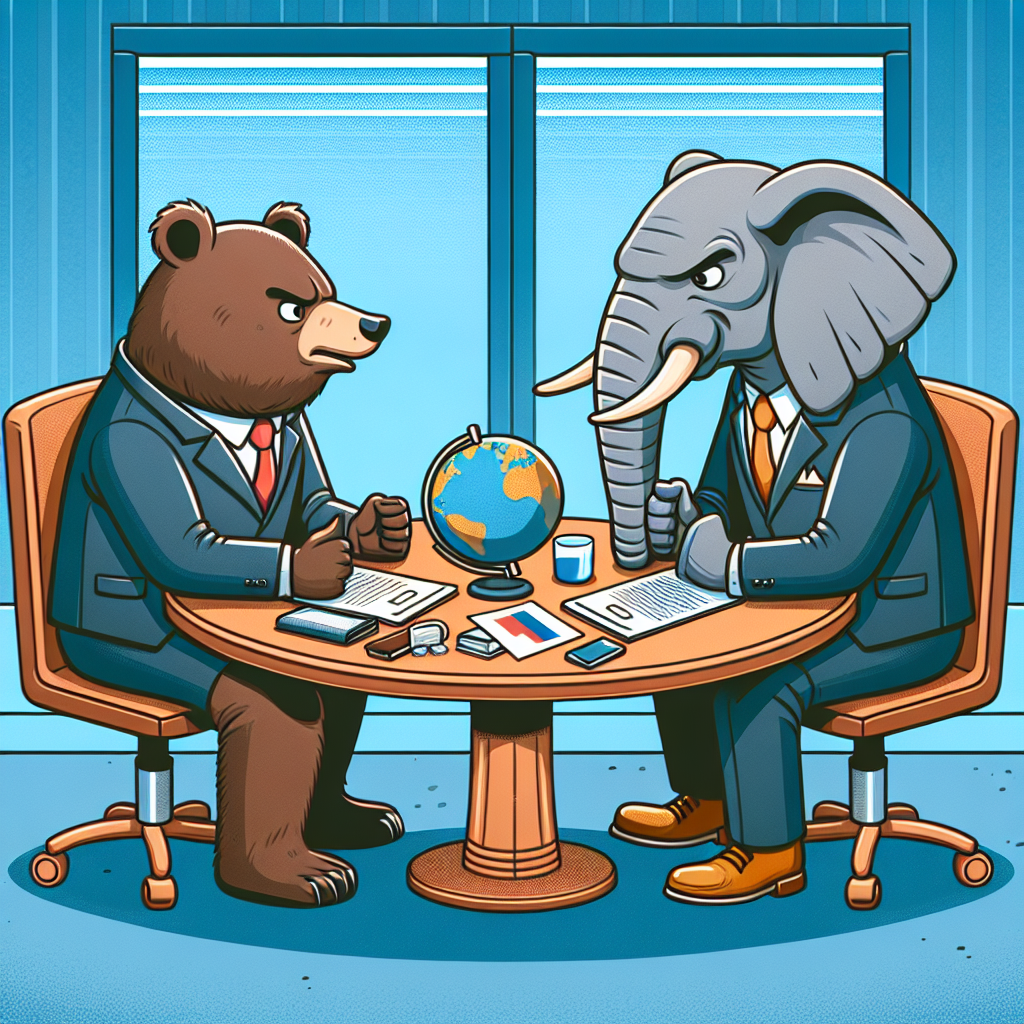Strategic Alliances: U.S. Boosts Indo-Pacific Ties Amidst Rising Tensions
U.S. Defense Secretary Pete Hegseth held talks with China and India's representatives at the ASEAN summit in Malaysia. Key discussions included the Indo-Pacific power balance and a newly signed defense cooperation framework with India. Meanwhile, Trump's nuclear test announcements create global confusion as ASEAN pushes for non-nuclear zones.

U.S. Defense Secretary Pete Hegseth engaged in high-stakes discussions with his counterparts from China and India during a pivotal ASEAN defense summit in Malaysia. These meetings mark Washington's strategic effort to bolster its regional presence and security alliances amidst escalating tensions with China.
Hegseth emphasized the United States' commitment to maintaining a power balance in the Indo-Pacific. He critiqued China's maneuvers in the South China Sea and around Taiwan, highlighting a new 10-year defense agreement with India as a blueprint for deeper bilateral military cooperation.
The summit's timing follows controversial remarks from former President Trump regarding the potential resumption of nuclear weapons testing, causing international concern. ASEAN's leadership reiterated opposition to nuclear armament as they pursue a nuclear-free Southeast Asia.
ALSO READ
-
Tensions High as U.S. Seeks Stronger Indo-Pacific Ties Amid Rising Chinese Influence
-
Navigating Tensions: U.S. Defense Diplomacy at ASEAN Summit
-
U.S. Defense Secretary Sparks Diplomatic Wave at ASEAN Summit
-
U.S. Defense Ties Deepen Amid China's Rising Influence in SE Asia
-
Bakery ASEAN Talk 2025 Jakarta Wraps Up on October 28









